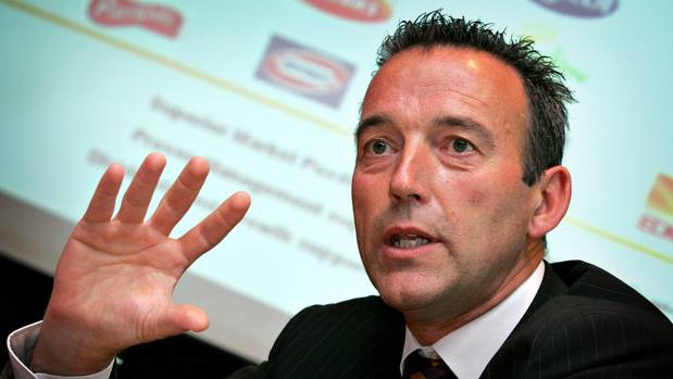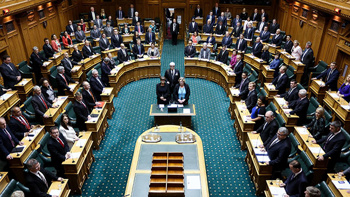
While New Zealand's richest men just got a lot richer, the collective wealth of the country's poor nose-dived.
A report, Public Good or Private Wealth, being released by Oxfam at 1pm today shows how the growing gap between rich and poor was undermining the fight against poverty, damaging local economics and fuelling public anger across the globe.
Oxfam's executive director Rachael Le Mesurier says their report concentrated only on billionaires, of which New Zealand has two - Graeme Hart and Richard Chandler.
Chandler, who is based in Singapore, was drawn into the worldwide Panama Papers tax avoidance scandal after it was revealed he used the law firm Mossack Fonseca at the centre of the controversy.
Hart has amassed a US$10.1 billion ($14.98b) fortune, while Chandler has $2.1b, she said.
The report reveals their collective wealth increased by NZ$1.1b while the poorest 50 per cent of New Zealand's population decreased their wealth by NZ$1.3b.
Other stark facts show the top 5 per cent has more wealth - 45 per cent - than the bottom 90 per cent - 42 per cent, while the top 1 per cent of the population has 25 per cent of all wealth in New Zealand.
Le Mesurier said they were focussing on the issue of appropriately taxing wealth in New Zealand, not income tax on everyday Kiwis.
"One of the key things we can do to tackle inequality here and across the world is to tax wealth more. Our taxes pay for schools, hospitals and infrastructure ... across the world, rich multinational corporations and extremely wealthy individuals are not paying their fair share."
Oxfam was now waiting to see what Michael Cullen's Tax Working Group final report will come up with when it's released in the next month or two.
Le Mesurier said Oxfam did not have the expertise to be involved in the financial discussions but they just wanted action to help stop or even slow the increasing gap between rich and poor.
"The real concern is that there is evidence-based research that shows that there are policies that Governments can put in place to reduce this gap."
She said New Zealand was one country which taxed wealth at one of the lowest levels in the OECD.
"We don't have the taxes on inheritance wealth or capital gains that many others in the OECD do. These are some of the policies that the Tax Working Group are looking at."
She said the gap had been continuing to grow since the inception of their reports about five years ago.
"What we've been seeing, particularly in the last four years, this gap has been getting bigger and if we see that. Wealth begets wealth, we know this and for at least a third of the billionaires they've inherited their wealth so they've started ahead of the game."
What Oxfam was most concerned about in New Zealand was the drop in collective wealth by the poorest 50 per cent of the population.
"I think that should be what's worrying all New Zealanders. It's not about attacking the extremely wealthy, it's really saying it's not okay that the poor are looking backwards at the same time.
"This gap is getting bigger."
She agreed with the United Nation's suggestion for a global tax working group which was something she wanted New Zealand to be a part of.
"It's not about attacking the extremely wealthy."
Take your Radio, Podcasts and Music with you









